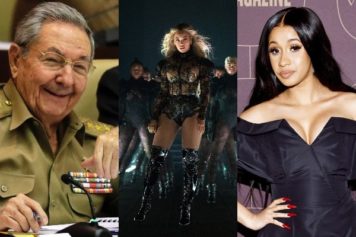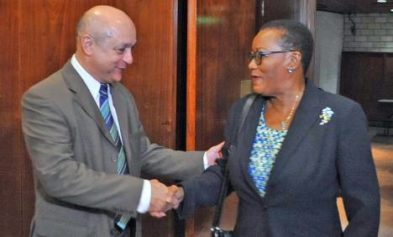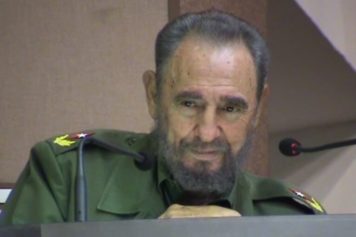It has been 60 years since the Cuban Revolution which eventually toppled a US-backed dictatorship. It marked a turning point—not only for the island but—for all of Latin America where anti-Washington sentiments have grown ever since. Gayane Chichyakyan looks at exactly what has been alienating the people on the United States’ doorstep.
According to Foxnews.com:
“Raul Castro is in the midst of pushing a series of social and economic reforms including relaxed restriction on foreign travel and a limited opening for small private and cooperative enterprise on the island.
“Several heads of state from friendly nations are in Cuba for the anniversary including Venezuela’s Nicolas Maduro, Bolivia’s Evo Morales, Uruguay’s Jose Mujica and Nicaragua’s Daniel Ortega.”
The July 26th holiday is sometimes used to make major announcements.
As reported by Huffingtonpost.com:
“Wearing an olive-green military uniform and a broad-brimmed hat against the sun, President Raul Castro spoke to a crowd of thousands outside a military barracks still visibly pockmarked with bullet holes from the 1953 assault that is considered the beginning of the rebellion.
“Castro was just 22 when he followed his older brother Fidel’s lead in a seemingly suicidal attack on the Moncada barracks in the eastern city of Santiago, along with more than 100 other mostly youthful rebels opposed to strongman Fulgencio Batista.
‘The years have passed, but this continues to be a revolution of young people, as we were on July 26, 1953,’ Castro said.
“The Moncada raid was a disaster for the rebels, and many of them were tortured and killed. But it helped make Fidel Castro the focus of opposition to Batista, whom he overthrew six years later after surviving prison and exile, transforming him into a hero for revolutionaries around the globe.”


